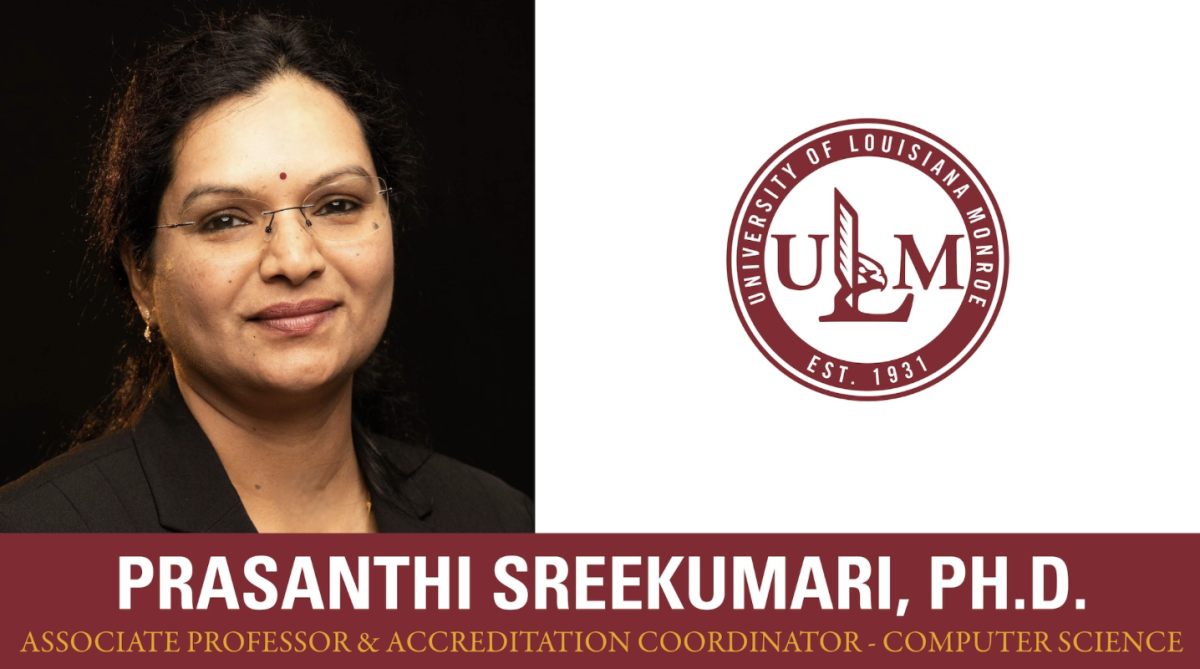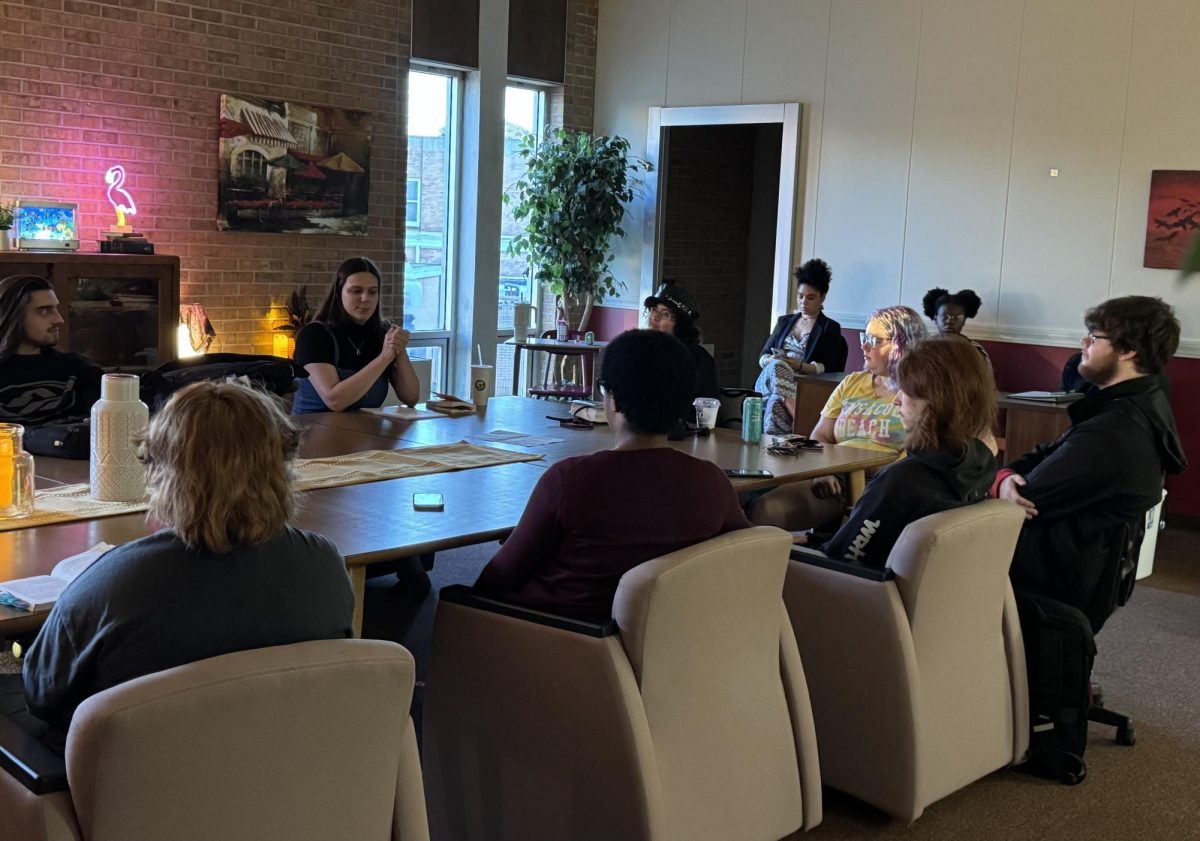Students from throughout the state gathered in the capital last week to protest the upcoming budget cuts to universities. Of the hundreds of students that attended, however, only two were there to represent ULM.
ULM has been able to minimize losses so far due to the hard work of the administration. In the next year, though, the school expects to lose between $12 and $17 million dollars, about a fourth of its annual government funding. Accounting senior from West Monroe, Laura Obsorne was one of the two students who attended and is quite passionate about the topic.
She says, “Jindal made the comment that we’re just whining students, but we’re not whining students. We’re students who care about something and believe in something.” Osborne thinks that, by January, when more of the effects of the cuts are evident, students will be ready to show support at another rally.
In the meanwhile, campus organizations have been making themselves heard in other ways. Brook Sebren, a senior entrepreneurship major from Rayville, says “A lot of the work our SGA has been doing is working with our legislatures, following the process closely, and also seeking alternatives to the cuts.” President Bruno agrees that, while demonstration can spread awareness, alternative solutions are necessary as well.
“It is not just waving a sign; it’s being prepared and sharing what they know to their friends and peers,” said Bruno. The President also talked about his plans for handling for handling this crisis, even though he has just come into office. For now, it is too early for him to make major judgments on what to prioritize, so he is sticking to the plan former President Cofer set in place.
He also says that handling the budge will be a transparent planning process that will try to involve students as much as possible. Dr. John Sutherlin, had these final questions for the world of education: “Louisiana has to decide what kind of future it wants. Does it want one where bright, young people are rewarded with careers and communities that are excellent? Or, does it want one where higher education has little clout, and these same young people go to places that offer rewards for their talent? I am always reminded of the quote: ‘If you think education is expensive, try ignorance.'”





